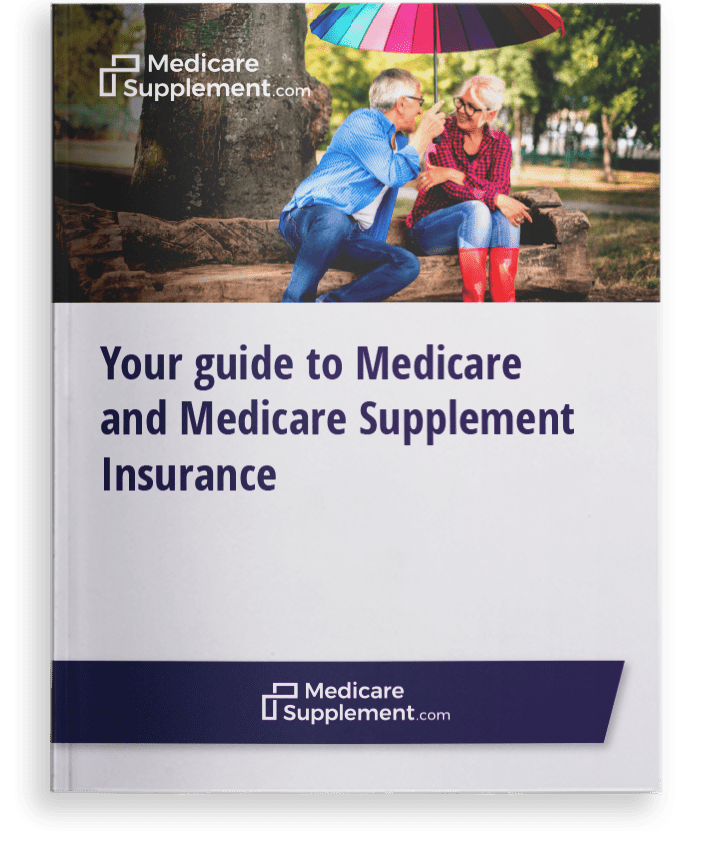Medicare 101
Medicare Eligibility Requirements
Original Medicare is available to people age 65 and older and younger people with certain disabilities or medical conditions.
You are typically eligible for premium-free Medicare Part A (hospital insurance) at age 65 if:
-
You are a United States citizen or have been a permanent legal resident of the U.S. for at least 5 continuous years
-
You or your spouse have worked long enough to be eligible for Social Security or Railroad Retirement benefits
-
You or your spouse are government employees or retirees who have not paid into Social Security but have paid Medicare payroll taxes
You may be eligible for Medicare before age 65 if:
-
You’ve been receiving Social Security disability benefits or certain Railroad Retirement Board disability benefits for at least 24 months
-
You have ALS (amyotrophic lateral sclerosis or Lou Gehrig’s disease)
-
You have End-Stage Renal Disease (ESRD) and you or your spouse have paid sufficient Social Security taxes
Premium-Free Medicare Part A
Medicare Part A helps cover inpatient hospital care, skilled nursing facility care, hospice and limited home health care.
Most people do not have to pay premiums for Part A, as long as they paid sufficient Medicare taxes while working.
You can get Part A at age 65 without having to pay premiums if you meet the following requirements:
-
You or your spouse worked and paid Medicare taxes for at least 10 years
-
You already receive Social Security or Railroad Retirement Board benefits, or you're eligible for Social Security or Railroad benefits but haven't filed for them yet
-
You or your spouse are a government employee or retiree who has paid Medicare payroll taxes while working
If you're younger than age 65, you may be eligible to receive Medicare Part A benefits if:
-
You have been getting Social Security or Railroad Retirement Board disability benefits for at least 24 months
-
You have ESRD and require kidney dialysis or transplant
-
You have Lou Gehrig's disease
NOTE: If you are required to pay for Part A health insurance benefits, you could pay up to $505 each month in 2024.
Medicare Part B
Medicare Part B, which helps cover a range of outpatient services, including physician and specialist office visits, preventive care, physical therapy and mental health care, is optional.
If you enroll in Medicare Part B, you pay a monthly premium and an annual deductible.
-
In 2024, the standard Medicare Part B premium is $178.70 per month, but you could be required to pay more based on your income.
-
The 2024 Part B deductible is $240 for the year.
NOTE: It's your choice whether you enroll in or refuse Part B. If you do not enroll in Medicare Part B when you are first eligible, you may have to pay a late enrollment penalty for as long as you receive Part B benefits if you sign up later.
Medicare Prescription Drug Coverage Eligibility Requirements
Medicare Part D prescription drug plans provide coverage for many retail prescription drugs that are available at pharmacies. Original Medicare doesn't typically cover prescription drugs.
You may be eligible for a Part D plan if you are enrolled in Original Medicare and are not enrolled in a Medicare Advantage (Medicare Part C) plan that includes Part D coverage.
You can compare Part D plans available where you live and enroll in a Medicare prescription drug plan online when you visit MyRxPlans.com.
Medigap Eligibility Requirements
Medicare Supplement Insurance, also referred to as Medigap, helps cover certain Medicare out-of-pocket costs, such as deductibles, copayments and coinsurance.
Typically, you are eligible to purchase a Medicare Supplement Insurance Plan if you meet the following requirements:
-
You're age 65 or older AND enrolled in Medicare Part B
-
You don't have a Medicare Advantage Plan or a Medicare Medical Savings Account (MSA) Plan
Medicare Supplement Insurance plans may not be available to people younger than 65 who qualify for Medicare because of a disability or medical condition. However, laws can vary by state.
If you're enrolled in a Medicare Advantage plan, you can switch back to Original Medicare during the Medicare Annual Enrollment Period (also called the fall Medicare Open Enrollment Period), which runs from October 15 to December 7 each year.
Once you're enrolled in Original Medicare, you can then apply for a Medicare Supplement Insurance plan.
A licensed insurance agent can help you find Medicare Supplement Insurance plans in your area. Call today to speak with a licensed insurance agent.
Find Medigap plans in your area.
Compare Plans
Christian Worstell is a health care and policy writer for MedicareSupplement.com. He has written hundreds of articles helping people better understand their Medicare coverage options.

Get a Free Medicare Guide!
Enter your email address and get a free guide to Medicare and Medicare Supplement Insurance, as well as important Medicare news and tips. We promise to never send you spam – just helpful content!
By clicking "Get your guide" you are agreeing to receive emails from MedicareSupplement.com.

